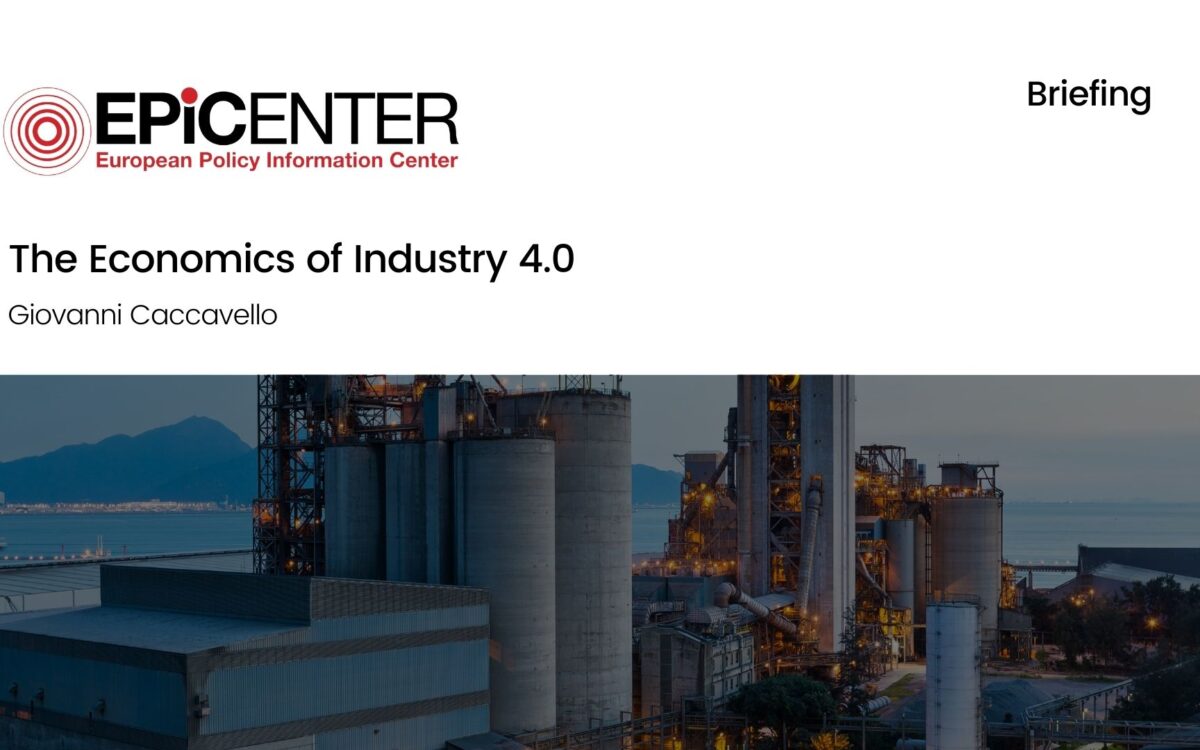Fiscal & Taxation Briefings
March 1, 2017
Published by EPICENTER on March 1, 2017
Categories
Labour market mobility in the European Union is increasing, but it remains too low to provide sufficient internal socio-economic adjustments. This situation reflects non-policy factors, such as linguistic and cultural differences, but also policy barriers. In particular, difficulties in the recognition of skills and professional qualifications and occupational licensing are still major hurdles.
March 1, 2017
Published by EPICENTER on March 1, 2017
Categories
The composition of civil society at the EU level is largely dictated by which groups the European Commission chooses to fund. Furthermore, citizens have not been consulted directly on this. Instead they have been ventriloquised through a select group of charities, think tanks and other organisations which are directly financed by the EU.
February 1, 2017
Published by EPICENTER on February 1, 2017
Categories
Viewed over the sweep of history, concerns about technological unemployment have always proved overblown. Over the last two-hundred years, technology has created more jobs than it has destroyed and it has substantially increased labour productivity and living standards.
January 1, 2017
Published by EPICENTER on January 1, 2017
Categories
It is increasingly evident that public pensions are going to be hard to sustain in the future: the ratio of workers to pensioners is close to a historical low. The crisis has taken nearly two million contributors out of the system, and adds to another variable that proves a greater challenge and is even more difficult to reverse: demographics.
January 1, 2017
Published by EPICENTER on January 1, 2017
Categories
The year 2017 will mark the sixty-year anniversary of the Treaties of Rome. On this occasion, the European project will receive a thorough check-up, and important decisions will be made that will decide whether and in what form it survives.
October 1, 2016
Published by EPICENTER on October 1, 2016
Categories
An important part of the digital platform revolution is the sharing economy, which is based on reductions in transaction costs which enable exchanges that were previously not possible. Sharing economy firms facilitate a more efficient use of assets, to the benefit of both asset owners and prospective users.





